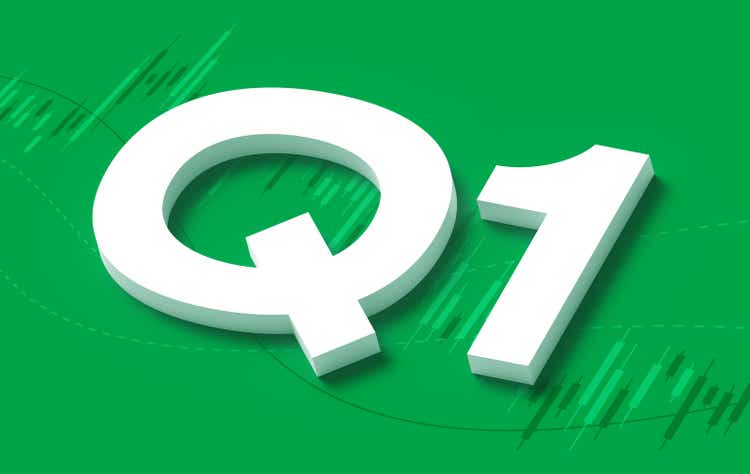Marvel's latest superhero movie "Thunderbolts*" – the 36th in the overall Marvel Cinematic Universe – isn't just lighting up the box office. It's also sparking deeper conversations about mental health. Mental health advocates say stories like "Thunderbolts*" are helping break stereotypes and making emotional struggles more relatable, especially for fans who grew up feeling misunderstood.
"We're seeing that shift," said Molly Peterson, director of adult mental health programs with NAMI . "With movies like 'Thunderbolts*' addressing it in a sort of like action-packed but (emotionally) accessible way for a lot of different audiences, it's really nice to see that shift." Over the years, comic books and superhero films have slowly moved away from portraying mental illness as violent or villainous.

Experts say "Thunderbolts*" continues that trend by exploring emotional trauma, grief, and the importance of connection. Source Comics' Burl Zorn says comic books have long explored topics like depression, isolation, and even suicide. He believes seeing characters navigate these struggles helps fans do the same.
"A lot of people come in here where they're not really social," Zorn said. "But they get to come here and talk about their heroes and comics and stuff, and then they feel more normal." Organizations like NAMI Minnesota say this emotional validation – whether through a movie, a graphic novel, or a peer support group – can be incredibly powerful.
"People come to an organization like ours, and they just feel seen," said Peterson. "They feel kind of quote-unquote normal. And that's powerful.
" May is Mental Health Awareness Month, and NAMI is offering free support groups and classes across the state. The nonprofit hopes more people will take the time to check in on loved ones—or explore tools that help them feel less alone. "We exist so that people can find a place that understands them, that understands their story," Peterson said.
"You talk to somebody and you feel like, 'Oh my gosh, these individuals understand me.' ..
. And in this social media age, where people are so disconnected, what we know about mental illness is that we heal in community. People need love and connection.
They need friendship." Nick Lunemann is a photojournalist for WCCO-TV..
Health

"Thunderbolts*" brings Marvel Cinematic Universe into the mental health conversation

Mental health advocates say stories like "Thunderbolts*" are helping break stereotypes and making emotional struggles more relatable, especially for fans who grew up feeling misunderstood.















